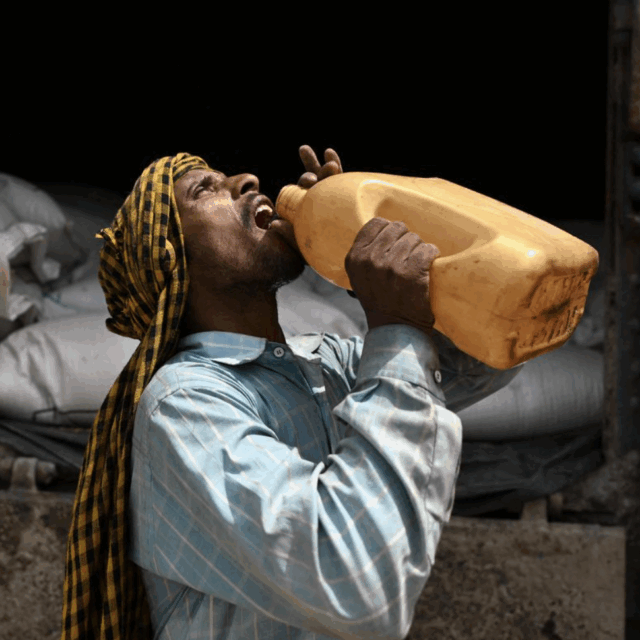Boston Globe, May 2022
Study after study has found the climate crisis is compounding global inequality, since extreme weather can destroy infrastructure, decrease productivity, and threaten crop health, threatening poorer countries and communities more than rich ones. A new peer-reviewed analysis from Salem State University and University College London suggests inequality is also exacerbating climate change.
“We can agree that we need to tackle inequality for moral reasons,” said Noel Healy, professor in the Geography and Sustainability Department at Salem State University, who coauthored the paper with Fergus Green, a lecturer in political theory and public policy at University College London. “What our study showed is that actually, there is a climate case for tackling inequality as well.”
The report, published in the journal One Earth on Wednesday, synthesized dozens of studies and identified several ways that extreme wealth and poverty worldwide threaten the climate. It argues that climate policies should be geared toward closing that gap. The authors argue that strong incentives to oppose some carbon-cutting measures lie on both ends of the wealth gap. The super rich, who have an outsized ability to tip the political scale by lobbying against regulations that threaten their interests, tend to protect known and proven investments, including oil production and manufacturing that depends on fossil fuel, the study says.




